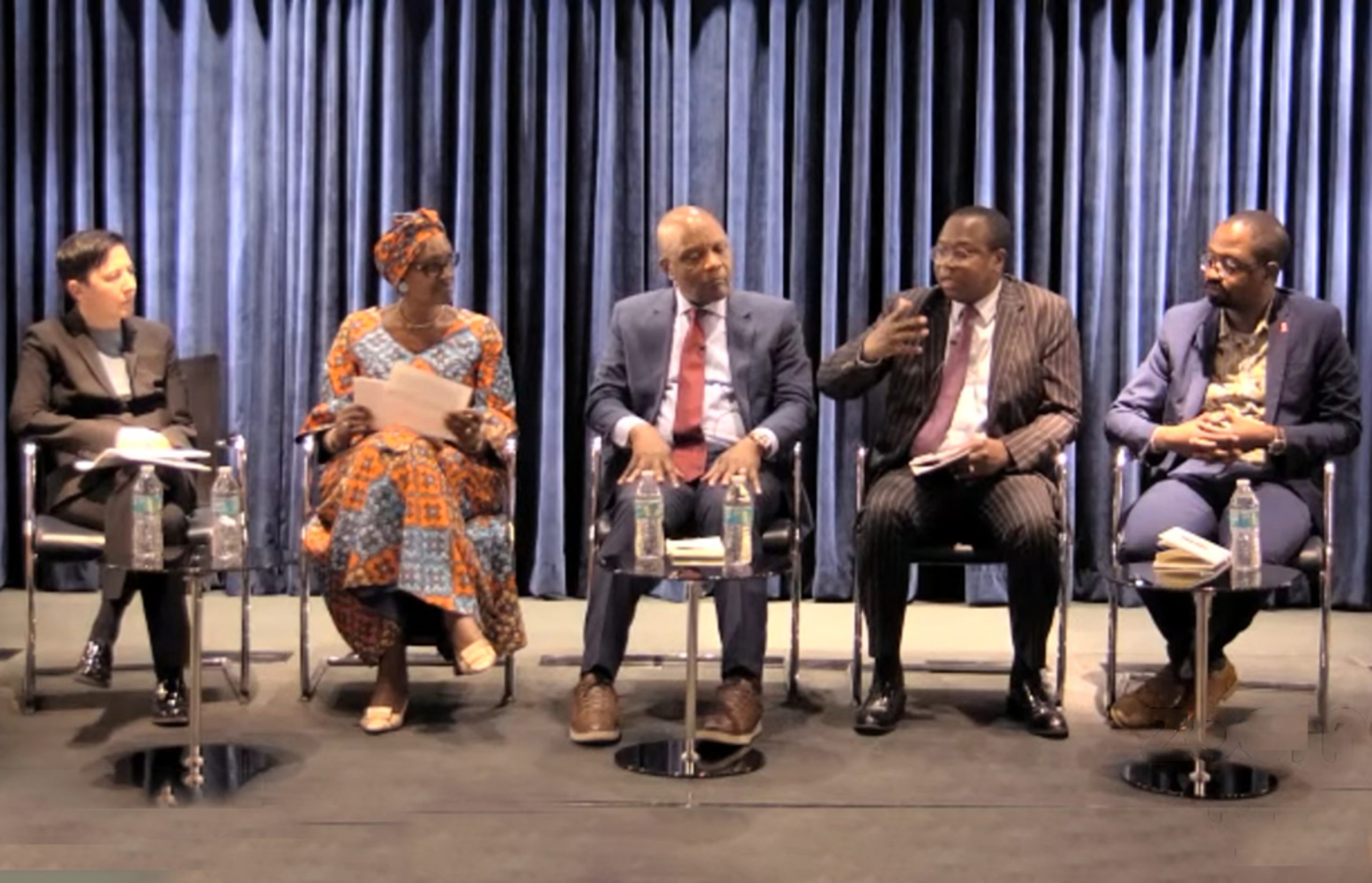Health
A Triple Dividend: The Urgent Need for Funding to End AIDS in Africa by 2030
A new report, A Triple Dividend: The Health, Social and Economic Gains from Financing the HIV Response in Africa, shows that failure to mobilise required funding to end AIDS as a public health threat by 2030 has substantial health, social and economic costs.
To assess these costs, Economist Impact—supported by UNAIDS—conducted research in 13
African countries, including Botswana, Kenya, Malawi, Mozambique, South Africa, Tanzania,
Uganda, Zambia, and Zimbabwe.

The HIV epidemic is facing hindrances in its progress due to the occurrence of recent global
crises such as the COVID-19 pandemic and the Ukraine conflict.
“In order to finance their COVID-19 pandemic responses, Sub-Saharan African governments
borrowed 4.5% more than predicted had the pandemic not occurred. In fact, the base for
the financing of health and HIV had already started to weaken across the region prior to the
pandemic,” the report shares.
Crises have put immense strain on the financing of health and other Sustainable Development
Goals, with young women, children, and other susceptible groups being the most affected as the
pre-existing health and socio-economic disparities continue to widen.
Eastern and southern Africa remains the region most heavily affected by HIV, with 20.6 million
[18.9 million–23.0 million] people—54% of all people living with HIV in the world. In our region,
women and girls continue to be disproportionately affected by HIV, accounting for 63% of the
region’s new HIV infections in 2021.

Directing increased investment towards the HIV response could substantially benefit this
vulnerable group. For example, A Triple Dividend shows that if the full-funding targets for HIV
are met in South Africa, the female population aged 15-19 could account for almost 15% of the
the total reduction in new HIV infections between 2022 and 2030, despite making up less than 5%
of the total population.
UNAIDS Regional Director for Eastern and Southern Africa, Anne Githuku-Shongwe said the
human rights of women and girls, including their sexual and reproductive rights, must be upheld
and violence and harmful social norms were abolished.
“Protecting the safety and human rights of people living with HIV, women and girls and
marginalized people not only is a human right imperative but it also expands access to HIV
services,” Githuku-Shongwe said.
UNAIDS estimates that low and middle-income countries will need investments of US$ 29 billion
annually to meet targets of ending AIDS as a public health threat by 2030. Funding levels in
2020 fell almost 30% below targets, making subsequent resource needs harder to achieve and
putting upcoming targets further out of reach.

Increased HIV investments today would contribute to wider and sustained economic gains by
2030, and ultimately free up scarce resources going forward to address other critical health
priorities. The report projects that South Africa’s GDP could be 2.8% higher and Kenya could
see its GDP rise by 1.1% by 2030 if HIV funding targets are met.
Urgent and collaborative action is needed to re-prioritise financing towards the HIV response,
and health more broadly. Without this commitment and decisive action, the response to HIV will
continue to lag, threatening to widen pre-existing health and socio-economic inequalities.
“Governments must advocate international action to alleviate the debt crisis and counteract the
need for short-sighted and counterproductive austerity measures that threaten to increase
poverty and further marginalise vulnerable people,” Githuku-Shongwe said.
The human costs are striking in themselves, and a loud call for action.





























